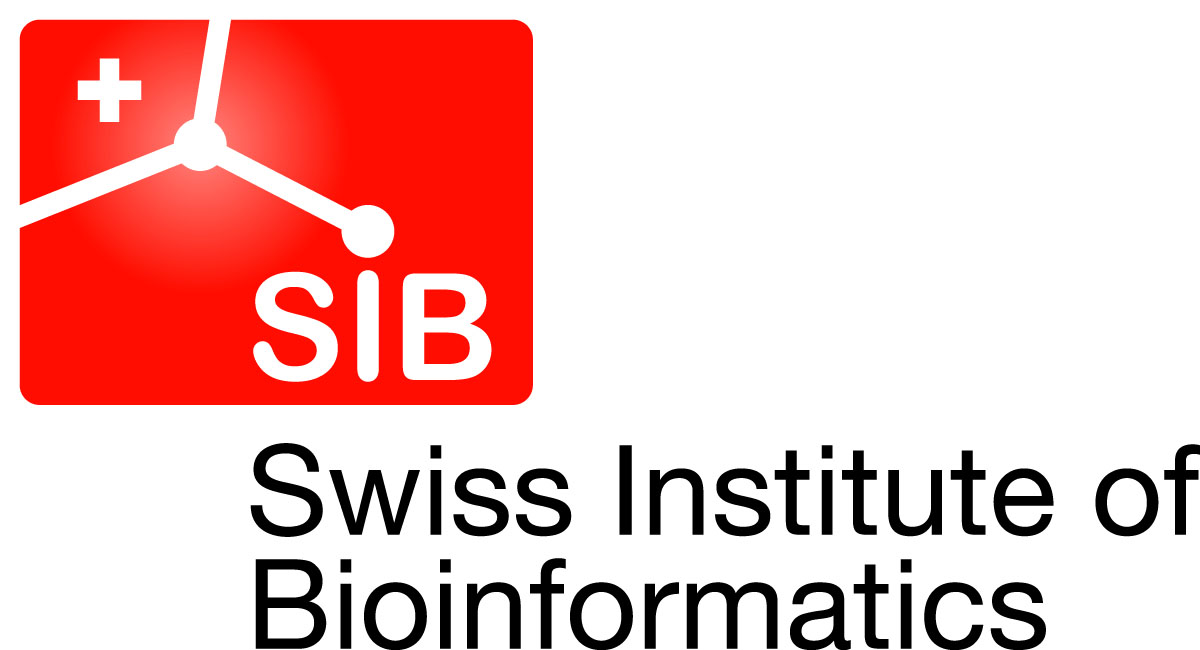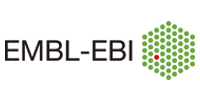Search results
-
Introduction to Unix
Bioinformatics Programming Unixlinux
-
Getting Started With BioMedIT

-
Getting started with Bioschemas
• beginnerBioschemas Standards -
Tutorial, Training materials
ARC – Getting Started Guide
• beginnerARC DataPLANT NFDI Annotated Research Context FDO FAIR digital objects FAIR Data ISA -
WEBINAR: Getting started with proteomics
Bioinformatics Proteomics Mass spectrometry
-
WEBINAR: Getting started with R
R statistical software R studio Tidyverse Bioinformatics Data analysis
-
e-learning
RNA-seq Alignment with STAR
 • beginnerTranscriptomics
• beginnerTranscriptomics -
WEBINAR: Getting started with deep learning
Machine learning Deep learning
-
WEBINAR: Getting started with spatial omics
Bioinformatics Spatial omics
-
WEBINAR: Getting started with deep learning
Deep learning Neural networks Machine learning
-
e-learning
Getting started with Onedata distributed storage

-
rstudio-conf-2022/get-started-shiny
R script R Shiny
-
MolSSI-Education/getting-started-computational-chemistry
Python script Python Unix/Linux
-
rstudio-conf-2022/get-started-quarto
R script Quarto R
-
WEBINAR: Getting started with command line bioinformatics
Computational biology Command line
-
WEBINAR: Getting started with command line bioinformatics
Bioinformatics Command line Workflows Bash Computational biology
-
crazyhottommy/getting-started-with-genomics-tools-and-resources
General
-
Recorded webinar
Getting started with the Open Targets Platform GraphQL API
Drug discovery
-
Docker and Singularity for Reproducible Research: Getting Started with Containers
 • beginnerreproducibility container data management data security high-performance computing
• beginnerreproducibility container data management data security high-performance computing -
slides
An introduction to get started in genome assembly and annotation
 • beginnerSequence assembly Assembly
• beginnerSequence assembly Assembly -
e-learning
Getting started with linear models: Concepts, coding, and biological examples
Mathematics Pure mathematics Linear regression Linear models
-
ivelasq/2024-01-23_getting-started-with-report-writing-using-quarto
R script Quarto R
-
WEBINAR: Getting started with RNAseq: Transforming raw reads into biological insights
Bioinformatics Transcriptomics RNA-seq RNAseq Gene expression
-
Getting started with RNAseq: Transforming raw reads into biological insights - YouTube
RNA-Seq Genome annotation RNA-seq Next generation sequencing
-
e-learning
Neoantigen 1a: Fusion-Database-Generation
 • beginnerProteomics label-free
• beginnerProteomics label-free -
NGS CN Summer School 2024 - Talk 2 - Starting a Sequencing Project - YouTube
Sequencing Next generation sequencing Sampling Protocols
-
Docker and Singularity for reproducible research: getting started with containers - Apr 2022
Docker Singularity
-
WEBINAR: Getting started with whole genome mapping and variant calling on the command line
Genome mapping Variant calling Bioinformatics Workflows
-
Getting started with whole genome mapping and variant calling on the command line - YouTube
Genomics Genetic variation analysis Variant analysis
-
slides
Dealing with Cross-Contamination in Fixed Barcode Protocols
 • beginnerTranscriptomics Single Cell
• beginnerTranscriptomics Single Cell
-

ExCALIBUR
Exascale Computing ALgorithms & Infrastructures Benefiting UK Research (ExCALIBUR) is a UK research programme that aims to deliver the next generation of high-performance simulation software for the highest-priority fields in UK research. It started in October 2019 and...
1 training materialExCALIBUR https://excalibur.ac.uk/ https://tess.elixir-europe.org/content_providers/excalibur [Exascale Computing ALgorithms & Infrastructures Benefiting UK Research](https://excalibur.ac.uk/) (ExCALIBUR) is a UK research programme that aims to deliver the next generation of high-performance simulation software for the highest-priority fields in UK research. It started in October 2019 and will run through until March 2025, redesigning high priority computer codes and algorithms to meet the demands of both advancing technology and UK research. /system/content_providers/images/000/000/664/original/ExCALIBUR_Brand_20Logos_ExCALIBUR_Preview_Negative.jpg?1673340574 -

Khan Academy Statistics
Can I pick a red frog out of a bag that only contains marbles? Is it smart to buy a lottery ticket? Even if we are unsure about whether something will happen, can we start to be mathematical about the "chances" of an event (essentially realizing that some things are more likely than others)....
32 training materialsKhan Academy Statistics https://www.khanacademy.org/math/probability https://tess.elixir-europe.org/content_providers/khan-academy-statistics Can I pick a red frog out of a bag that only contains marbles? Is it smart to buy a lottery ticket? Even if we are unsure about whether something will happen, can we start to be mathematical about the "chances" of an event (essentially realizing that some things are more likely than others). These tutorials will introduce us to the tools that allow us to think about random events. /system/content_providers/images/000/000/046/original/khan-logo-vertical-transparent.png?1469458451 -

NEOF Training
Bioinformatics courses
We provide training courses to support a range of capabilities including, for example, genome assembly, metabarcoding, population genomics and RNA sequencing. We aim to support the training that is in most demand from our community.These are some of the training...
5 events (31 past events)NEOF Training https://neof.org.uk/training/ https://tess.elixir-europe.org/content_providers/neof-training Bioinformatics courses We provide training courses to support a range of capabilities including, for example, genome assembly, metabarcoding, population genomics and RNA sequencing. We aim to support the training that is in most demand from our community. These are some of the training courses we are running online in 2021 and 2022. Our plan is to deliver these courses online until further notice, and we hope to be running workshops in person in future. Registration closes on Monday at noon 2 weeks prior to the start of each course; selected attendees are then invited to confirm their attendance. If you have not heard from us then, please check your spam folder in case the message is there. /system/content_providers/images/000/000/638/original/neof.png?1644251203 -

UCLouvain Bioinformatics Platform
The platform's goak is to collaborate throughput the scientific community at the UCLouvain and offer technical and methodological bioinformatics support, including, among others:
support the bioinformatics aspects of grant proposals and experimental designs
high throughput omics data analysis...1 training material0 events (2 past events)UCLouvain Bioinformatics Platform https://uclouvain.be/en/research/bioinfo https://tess.elixir-europe.org/content_providers/uclouvain-bioinformatics-platform The platform's goak is to collaborate throughput the scientific community at the UCLouvain and offer technical and methodological bioinformatics support, including, among others: support the bioinformatics aspects of grant proposals and experimental designs high throughput omics data analysis such as genomics, epigenetics and transcriptomics (RNASeq or microarrays) or mass spectrometry based proteomics and metabolomics help in utilisation of public databases (TCGA, Gtex, CCLE, ENCODE, ...) development of dedicated algorithms and software. The platform also organises workshops in data analysis and bioinformatics to introduce particpants to widely used languages such as R, and get them started in the analysis of their own omics data. For additional information and any collaboration requests, please contact us by email at contact-cbio@uclouvain.be describing your needs, including, if data is already available, the underlying technology and experimental design. Members Prof Laurent Gatto Mr Theo Killian Dr Axelle Loriot Contact: contact-cbio@uclouvain.be CBIO - de Duve Institute - UCLouvain Avenue Hippocrate, 75 - bte B1.74.10 1200 Brussels, Belgium
